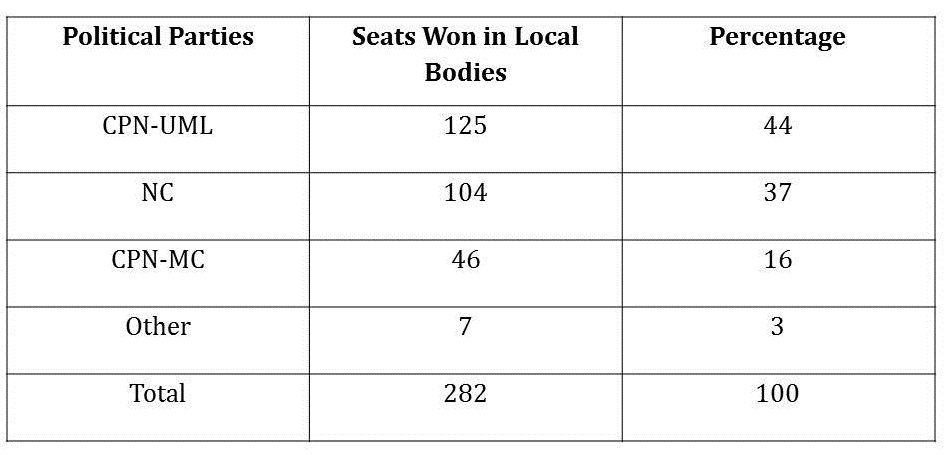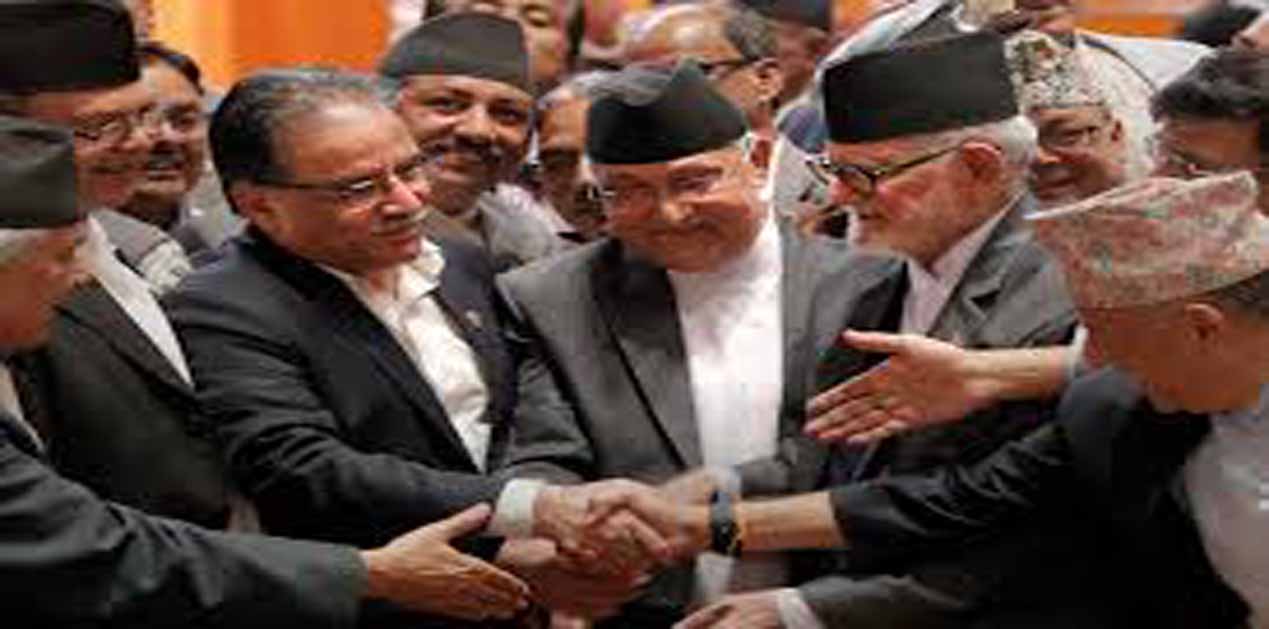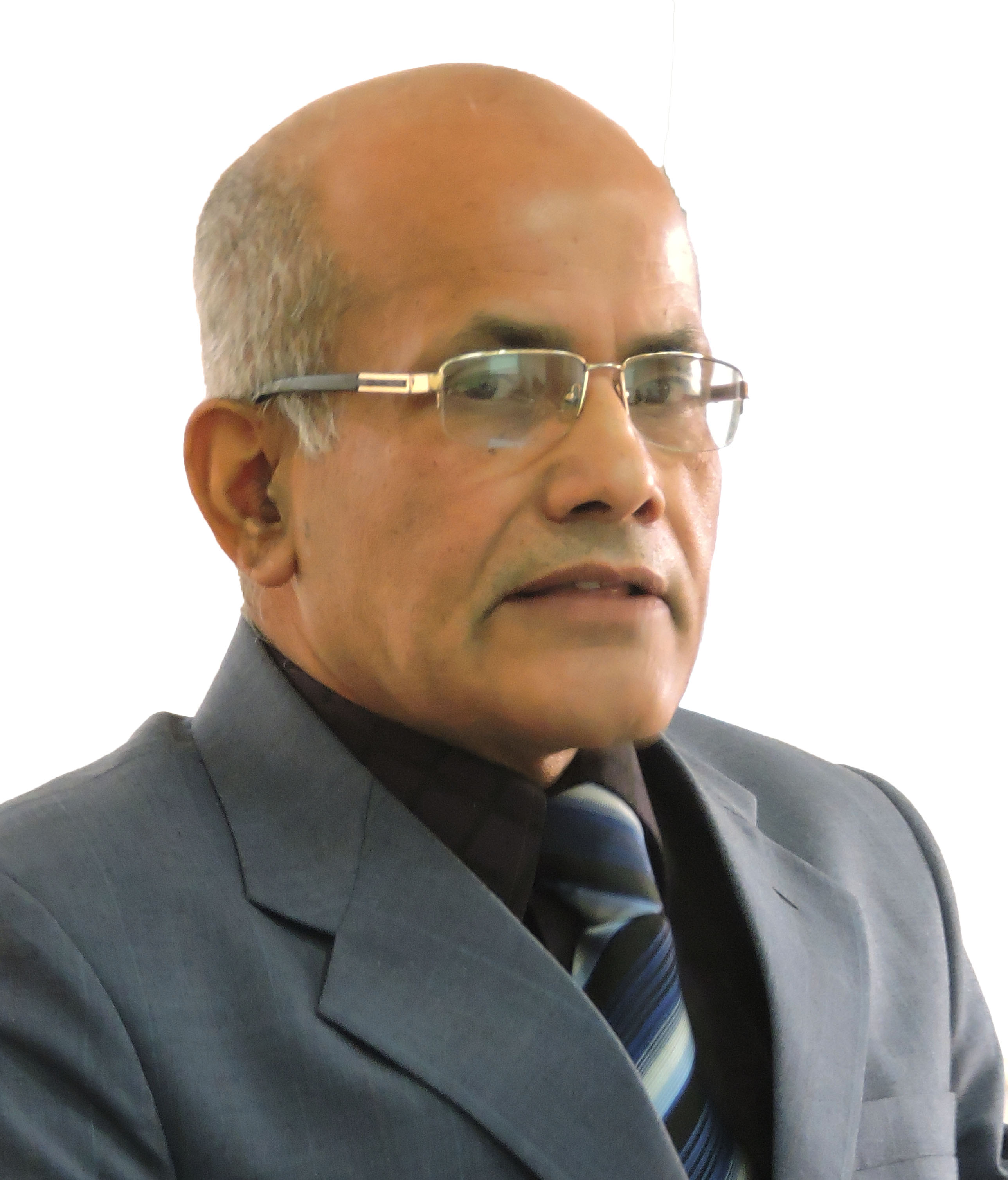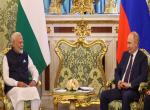Nepali Congress leader Sher Bahadur Deuba, who for the fourth time became Nepal’s Prime Minister on June 6, 2017, has the foremost duty to conduct local elections for the Village Councils and municipalities in the Terai region of Nepal on June 28. Success or failure for conducting the elections in this region will not only shape his future but more so, it will shape the future of the country.
In the process of implementing the constitution, his predecessor, Pushpa Kamal Dahal, conducted local elections in the Hills/Mountain on May 14. But he did not take the risk of completing the elections in Terai that is due on June 28, fearing protests in the region.
Elections in the Hills/Mountain
The following table shows the interesting outcome of the local elections in the hills/mountain. Of the total declared result for 282 seats of local bodies out of 283 seats, the Communist Party of Nepal-Unified Marxists-Leninists (CPN-UML) won 125 seats followed by the Nepali Congress (NC) which won 104 seats and the Communist Party of Nepal-Maoist Centre (CPN-MC) that won 46 seats. All other political parties faced humiliating defeat as they could win only 7 seats in the region.

While the CPN-UML won 44 percent seats, the NC won 37 percent and the CPN-MC won only 3 percent. One of the striking features of the local elections in the hills and mountain regions is that the CPN-UML, which was second largest political party in the second Constituent Assembly (CA2) emerged as the largest political force in the hills/mountain region for which credit could be given to the ultra-nationalistic postures adopted by its leader KP Sharma Oli, especially during the time of economic blockade by the Madhesh-based political parties in 2015-16. On the other hand, the NC that was the largest political party in CA2, could somehow manage to console itself as it scored second position in terms of performance in the May 14 local elections. The CPN-MC that was the third largest force in CA2 maintained its third position in the local election as well. But the pro-monarchical and pro-Hindutva Rastriya Prajatantra Party (RPP) that was the fourth largest political force in the country in the CA2 elections, was wiped out of the scene in the first phase of the local body elections. Similarly, the Upendra Yadav-led Federal Socialist Forum (FSF) that discarded the Madhesh issue and participated in the election could not win even a single seat in that region.
Poll Preparation for Second Phase of Election in Terai
With regard to the second phase of election for the village councils/municipalities in the Terai region, due to be held on June 28, Nepal’s security agencies and local administration have identified 1,847 polling zones into the extremely sensitive category; while 4,260 zones have been placed in a sensitive category and the remaining 5,526 zones are in the normal category.1 As if such arrangements were not enough, the Ministry of Home Affairs of Nepal has made Plan ‘A’ and Plan ‘B’ in view of the situation whether the Madhesh-centric political parties participated in the elections or they boycotted it. 2
To ensure that the elections are conducted peacefully, the government has decided to deploy 100,000 security personnel in the region. An official of Ministry of Home Affairs in Nepal said, “We have directed local administrations to take extra precautions in areas susceptible to violence, to ensure free and fair elections in the districts where we anticipate bigger threats.”
Seeking Support of Madhesh-Centric Party in Local Elections
Before assuming the charge of Prime Minister, Sher Bahadur Deuba signed a three-point agreement with Madhesh-centric, Rastriya Janata Party Nepal (RJPN), and made a commitment to form a Federal Commission; amend the Constitution; withdraw the cases against those involved in Madhesh movement and increase the number of local-level seats in Madhesh.3 Earlier, Pushpa Kamal Dahal, before he became Prime Minister in August 2016, had also signed the same agreement with the Madhesh-based political parties. But he could not fulfill the crucial provisions of the agreement.
Challenges in Holding Elections
Now the question is whether PM Deuba will be able to hold local elections in the Terai region successfully by fulfilling his commitment made in the three-point agreement with RJPN? Known in Nepal more for his pro-west leanings, Deuba is not perceived as a charismatic leader, much less a statesman. Many believe that by temperament he is not different from other Kathmandu-based leaders when it comes to sharing power with the Madheshis.
But Deuba’s advantage this time is the recent division among the Madhesh-based political parties. Because of this factor, he is likely to get the support of such opportunist elements in Madhesh who until recently opposed elections in the Terai on the ground that the constitution was regressive and that it needed proper amendment before they could participate in the elections. However, such forces could not win even a single seat during the first phase of the local elections in the hills and mountain regions. Deuba’s another advantage is that he could get the support of security agencies, including the police and the army, apart from the political parties like the CPN-UML and the CPN-MC in holding elections in Terai as they are committed to legitimizing the constitution through thse elections.
In the existing situation, the government could conduct local level elections in Terai despite the protests from RJPN. Yet, it does not mean that Deuba’s path in holding elections in Terai will be that smooth. The moderate RJPN, apart from the radical groups in the Terai, are determined to boycott the constitution. Protests against the elections have already started in different Terai districts.
Wooing the Madheshi Voters
In support of the Kathmandu’s ruling cliques, certain external agencies in its bid to confuse the Madhesh-centric political parties conveyed the message that India wanted them to go for polls even if their demands were not addressed through the amendment of the constitution. It was forgotten that the Indian Prime Minister Narendra Modi during his address to the Nepalese Parliament in 2014 had clearly stated that each section of the Nepalese population needed to be taken on board while making the constitution. Even subsequently in India-Britain communiqué, India-Europe communiqué and other occasions, he repeatedly focused on the need to make the constitution inclusive to ensure lasting peace and stability in the country.
Immediately after becoming Prime Minister, Deuba government amended the Local Level Election Act on June 8 in order to impress upon RJPN to participate in local level elections on June 28. Accordingly, those political parties that had missed the initial deadline to register the names of their representatives at the Election Commission (EC) by June 2 were enabled to do so, if they intended to participate in the elections. But this change did not appeal to the RJPN as their main demands were not addressed. Laxman Lal Karna, one of the senior leaders of RJPN, stated, “This amendment is not sufficient for our participation because it was not our major condition”.4
Recently, RJPN has made it amply clear that it would not participate in the elections until their demands were addressed through the amendment of the constitution. The party also decided that they would not submit the signatures for the candidacyof the representatives at the EC as they don’t intend to participate in the elections.5 Rather than participating in the elections, RJPN decided to intensify its protests programmes against the polls. The Federal Alliance, an alliance of different Madhesh and Hill-based political parties, even announced additional protest programmes in the village councils and municipalize. 6
Therefore, the government is somewhat puzzled to conduct elections in certain districts of Terai, fearing violence as this region is heavily influenced by RJPN, that oppose the election, and also those forces that are considered radicals.
Expectations from Deuba Government
In fact, NC, of which Sher Bahadur Deuba is the leader, has never been sincere and honest to the cause of Madhesh and in this respect; even the other political parties in the country, including the CPN-UML, the CPN-MC and RPP are not different. All these political parties have thrived on the votes of Madheshis, but they are hardly sympathetic to their cause. There has not been even a single case in which a Madheshi candidate even from those parties could ever win the election at any level in the hills. This is one of the reasons why several of the Madheshi leaders had to divorce those parties when they ever raised the issue of Madhesh. In Nepali Congress, for example, Vedanand Jha, Raghunath Thakur, Gajendra Narayan Singh, Jay Prakash Gupta, Bijay Kumar Gachhadar, Brikhesh Chandra Lal, Sharat Singh Bhandari and even Mahantha Thakur had to quit Nepali Congress when they tried to be assertive for the cause of Madhesh.7
In one of the author’s meetings in Sarnath (India) in the early 1970s, the Nepali Congress leader, B.P. Koirala, narrated how he spent three days together in Siraha district in Terai during the first Parliamentary elections to defeat Vedanand Jha who by that time had formed Tarai Congress after breaking his relations with NC. To Koirala, raising Madhesh issues was communal and so he wanted to defeat him.
NC deceived Madhesh on different occasions. Ram Chandra Poudel, one of the senior leaders of NC, signed an agreement with Madheshi Janaadhikar Forum in 2007 and Prime Minister G.P. Koirala signed agreement with Terai Madhes Democratic Party in 2008 to meet certain demands of Madhesh, including the formation of ‘One Madhesh, One Pradesh,’ and ‘proportional representation in state mechanisms.’ But they turned down the agreements once the agitations in Madhesh subsided.8
In view of NC’s mindset on Madhesh issues, there is little that the Madheshi leaders could expect from PM Sher Bahadur Deuba. Towards the demands of RJPN, Deuba recently said that he would not consider the demands of RJP to amend the constitution before the local elections were held on June 28.9
Conclusion
In view of the fact that the government is determined to hold local level elections in Terai without considering the demands of the Madheshi people and also that major political force, RJPN and the radical elements, want to thwart any attempt to impose elections in the region, it is unlikely that elections in the region will be hassle free. Elections against the wishes of the people will neither legitimize the Constitution nor will it ensure peace and stability in the region.
People in Terai are still confused if elections will at all be held or not. The proper environment for the elections has not yet been created. Itwill, therefore, be wise for Prime Minister Sher Bahadur to postpone the local elections due on June 28 and extend the date till the period the Constitution is amended to the satisfaction of the agitating Madheshi political parties. This is necessary as the mainstream Madhesh-based political parties will never give up their agenda for the sake of elections and so conflict in the region will continue to prevail even after the elections.
But it will not be that difficult for PM Deuba to entertain the demands of the agitating Madheshi groups if he has the political will. In the recent election for Prime Minister, he received 388 votes in his favour in the Parliament, which was just short of 9 votes to get a two-thirds majority. Considering the fact that there were 35 absentees in the Parliament by that time, he could have easily get the Constitution amended by two-thirds vote and meet the demands of agitating Madhesh-based political parties. If he could secure the participation of the Madheshis by doing so, that will not only be a win-win situation for all the Nepalese but more than that, it could lay the ground for long-term peace, progress, and stability in the country.
Jha is Executive Director of Centre for Economic and Technical Studies in Nepal.
End Notes
1. Republica, “Govt gears up against possible poll-related violence,” My Repubica, June 9, 2017.
2. Arjun Poudel, “Home ministry prepares election security plans,” The Himalayan Times, June 10, 2017.
3. Republica, “RJP FSF Nepal voted for Deuba in PM election,” My Republica, June 7, 2017.
4. Republica, “Govt amends poll law through fast track, RJPN unimpressed,” My Republica, June 9, 2017, in http://www.myrepublica.com/news/21484/.
5. Himalayan News Service, “RJP-N adamant on constitution amendment,” The Himalayan Times, June 9, 2017.
6. Himalayan New Service, “FA to announce more protest,” The Himalayan Times, June 9, 2017.
7. Madheshvani Desk, “Congress-RJP Gathbabdhan: Naitikki Anaitik,” Madheshvani, June 9, 2017.
8. Ibid.
9. Republica, “Amendment not possible before June 28 poll: PM,” June 10, 2017.
Image Source: http://news.chennaionline.in











Post new comment